Fine Motor Skills Normal Alphabet Worksheets for Ages 4-6
55 filtered results
-
From - To
Boost your child's fine motor skills with our "Fine Motor Skills Normal Alphabet Worksheets" designed specifically for ages 4-6. These engaging and educational worksheets promote hand-eye coordination, letter recognition, and proper penmanship. Each activity encourages young learners to trace and write the alphabet, gradually improving their writing precision and control. Perfect for preschool and kindergarten preparation, our fun and colorful worksheets lay a strong foundation for future academic success. Discover the joy of learning while building essential fine motor skills with Kids Academy’s expertly crafted resources. Ideal for both classroom and home use.
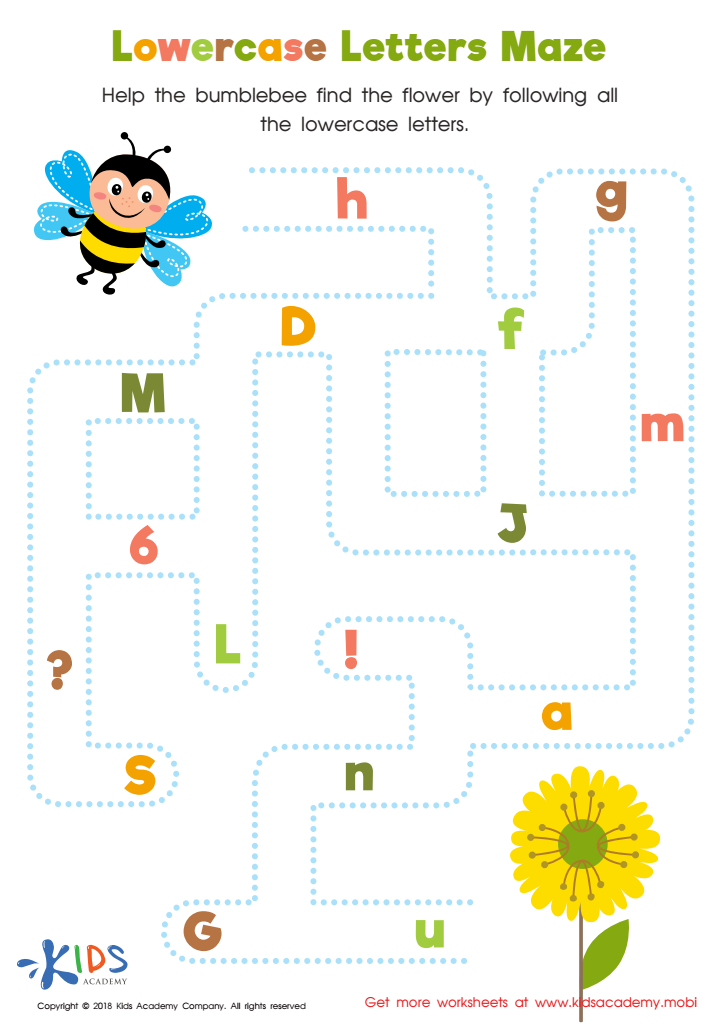

Lowercase Letters Maze Worksheet


Letter E Coloring Sheet
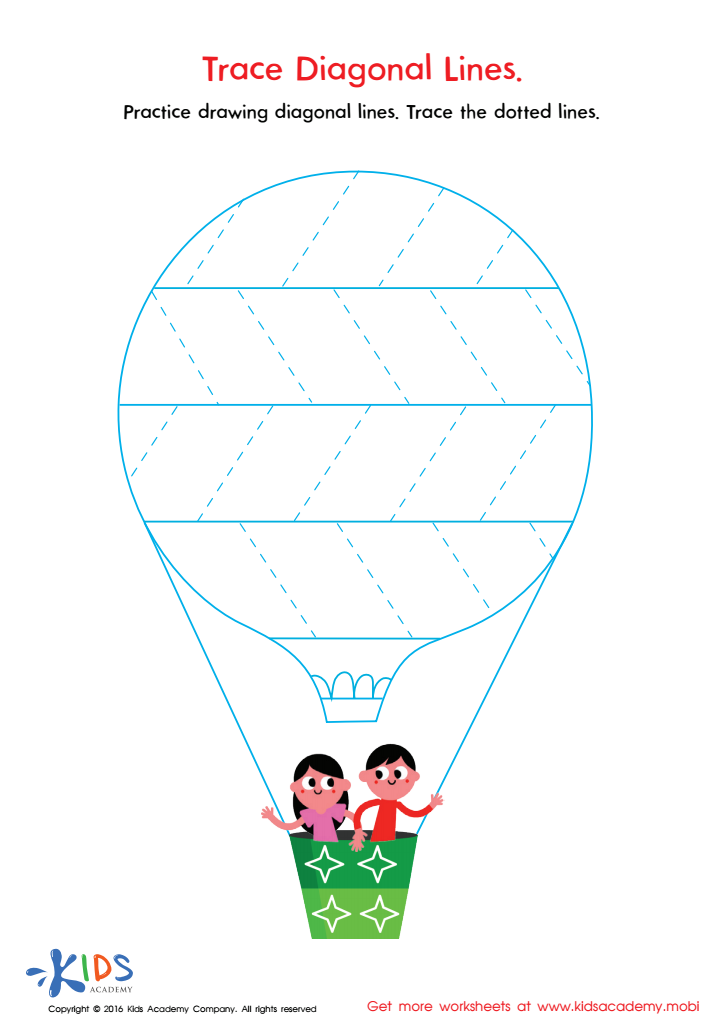

Trace Diagonal Lines Worksheet
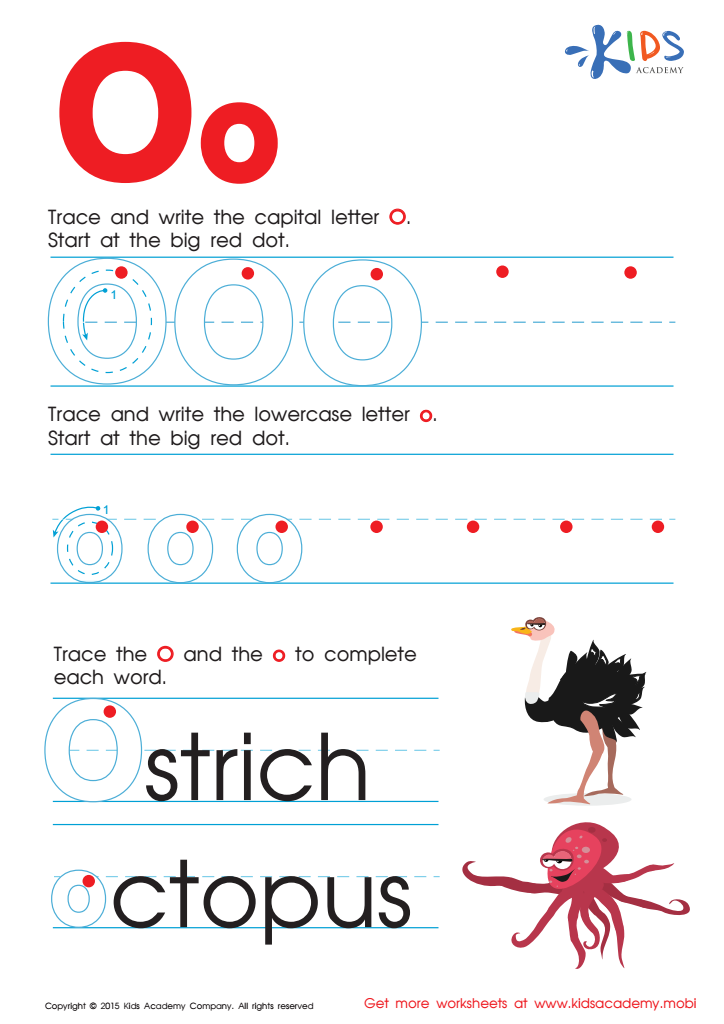

Letter O Tracing Page
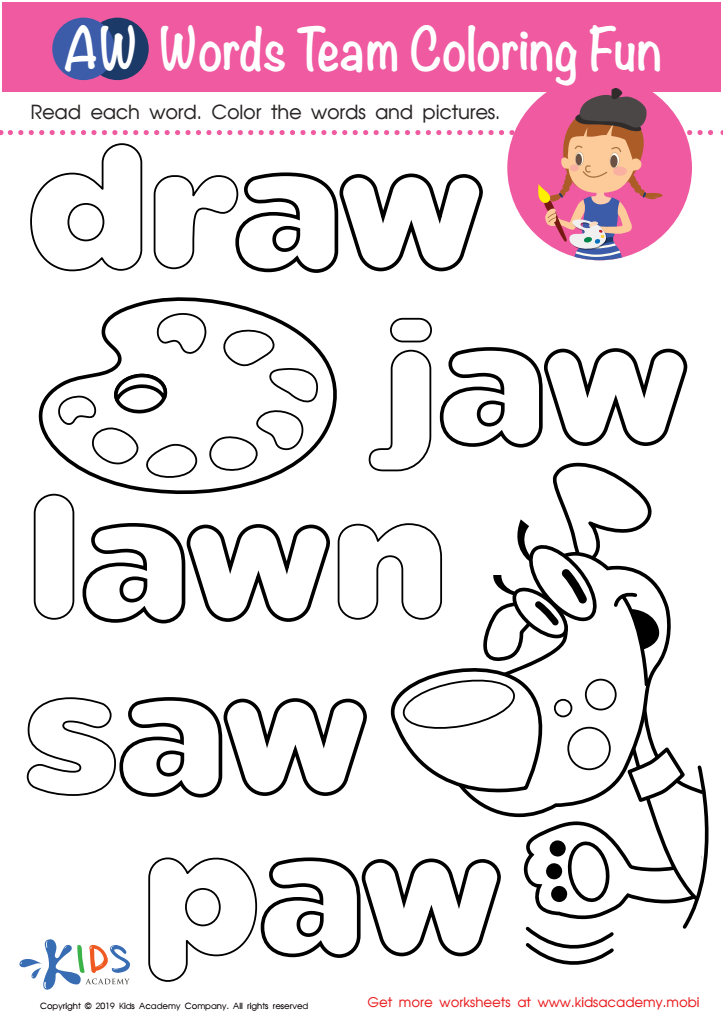

AW Words Team Coloring Fun Worksheet
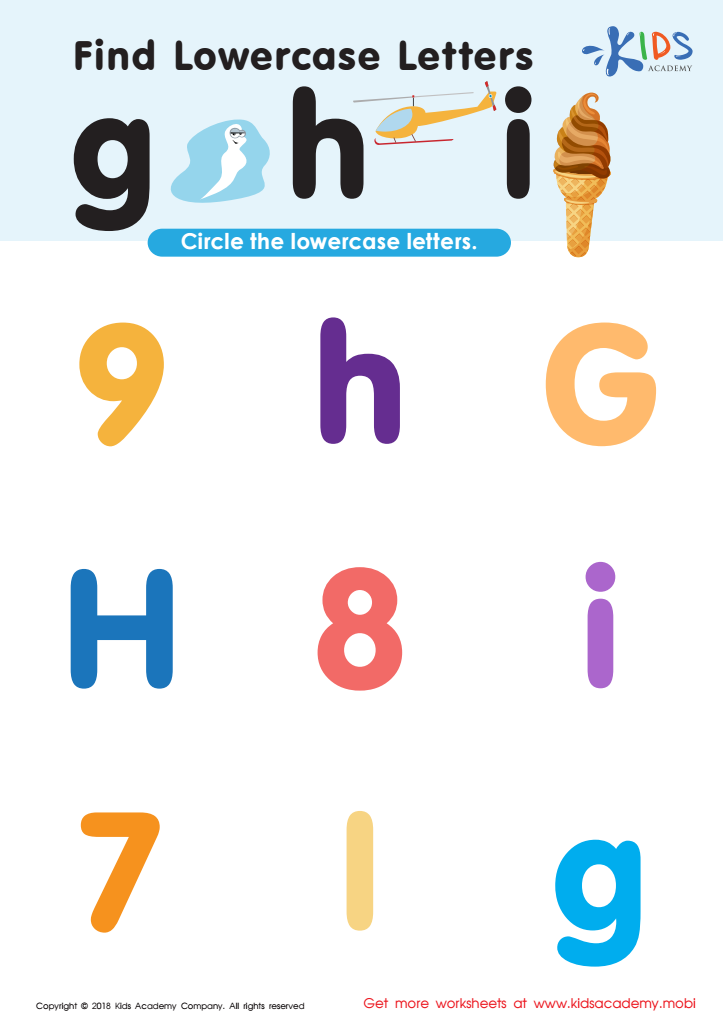

Find Lowercase Letters g h i Worksheet


Letter P Tracing Page
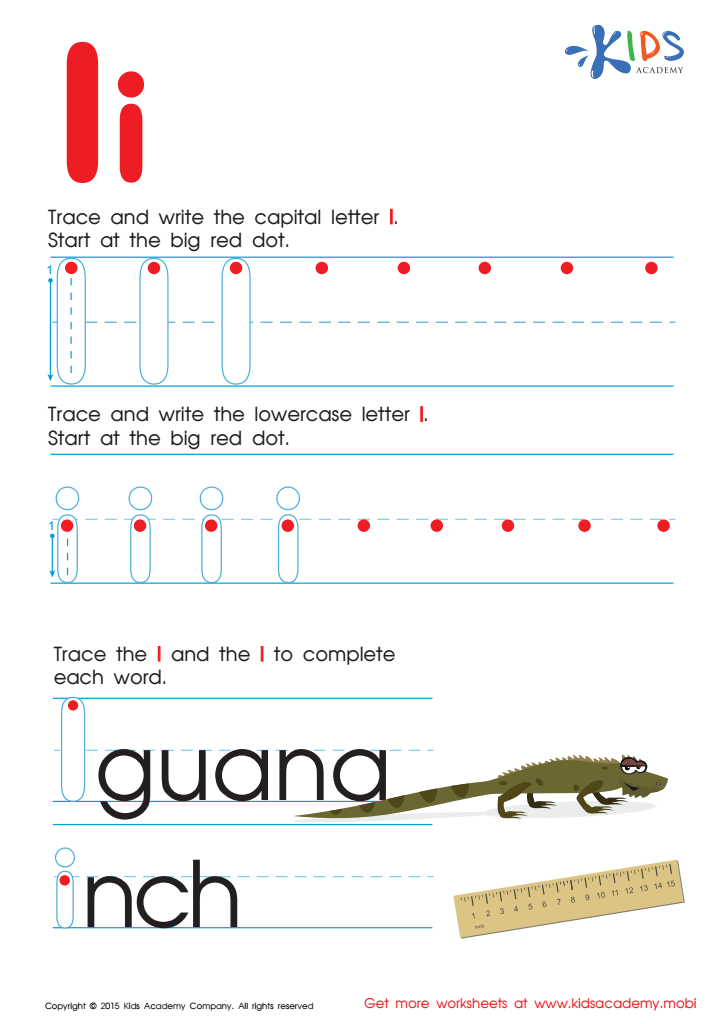

Letter I Tracing Page
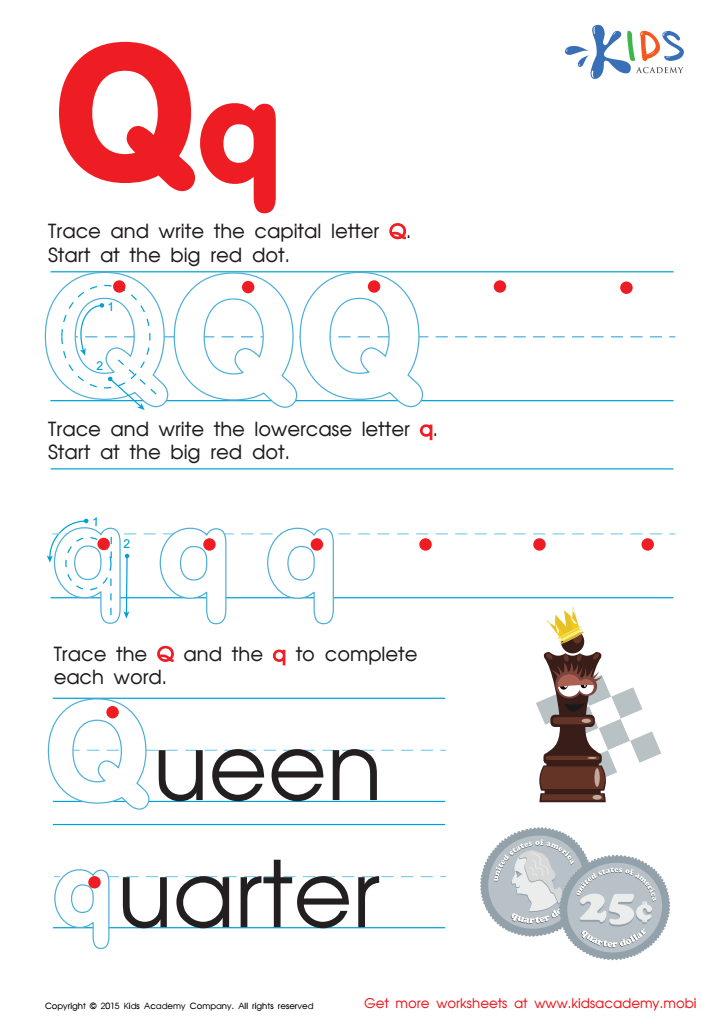

Letter Q Tracing Page
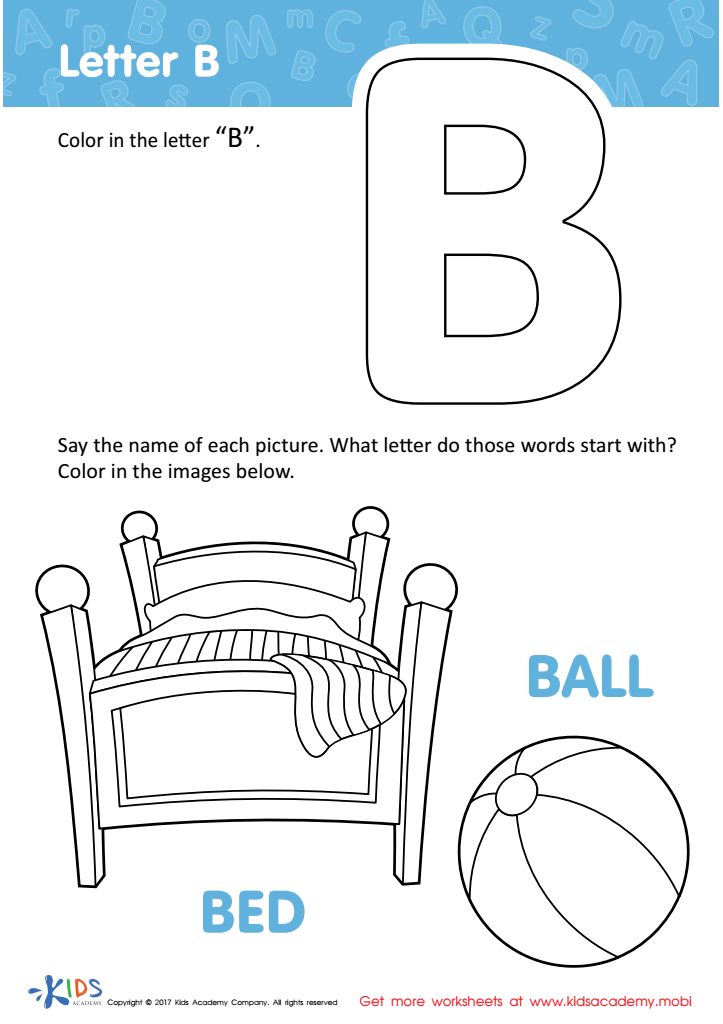

Letter B Coloring Sheet
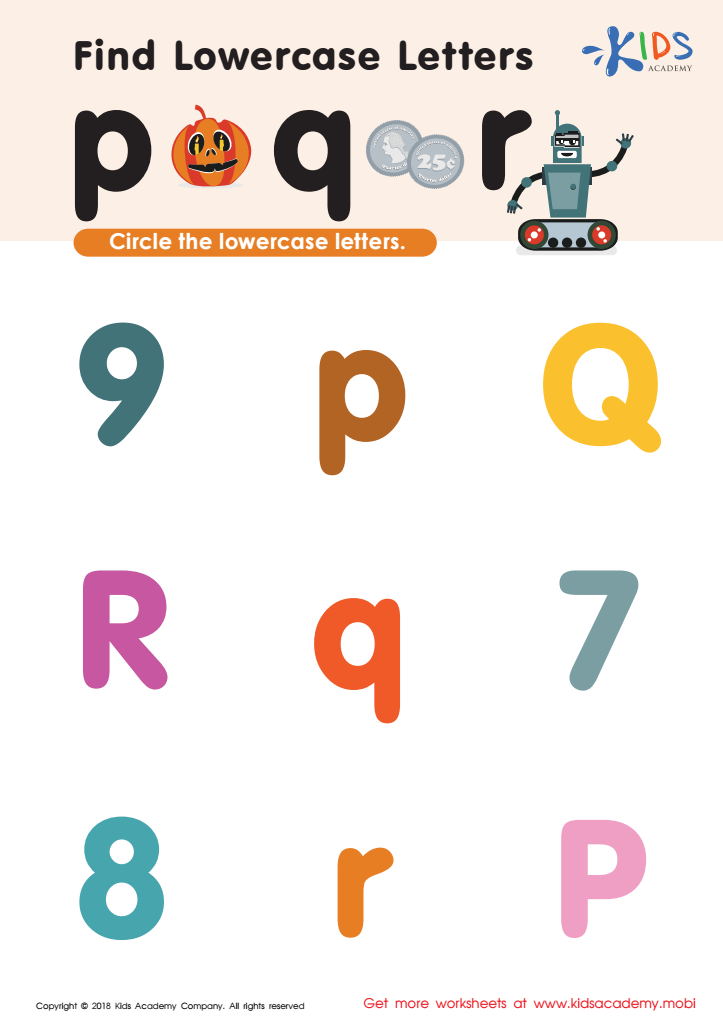

Find lowercase Letters p q r Worksheet


Letter A Coloring Sheet
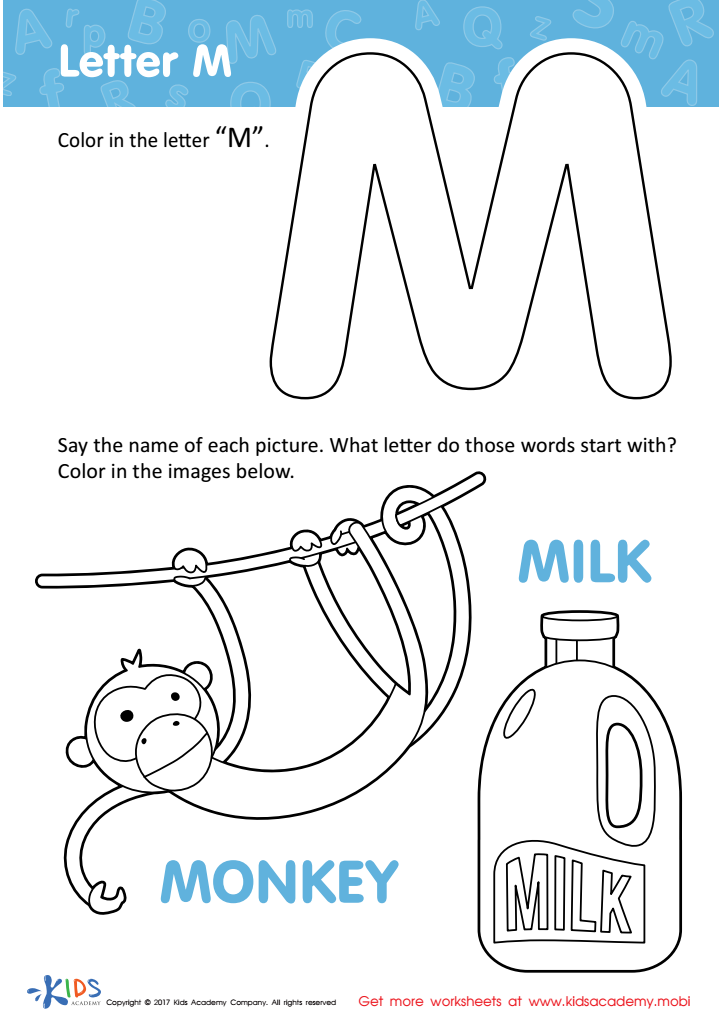

Letter M Coloring Sheet
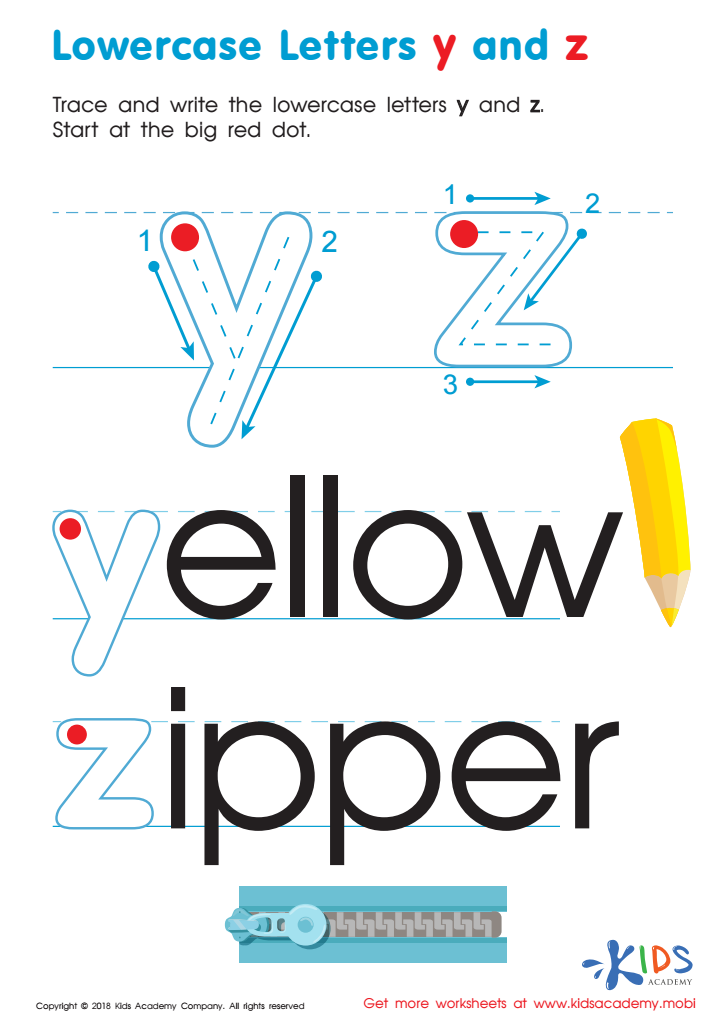

Lowercase Letters y z Worksheet
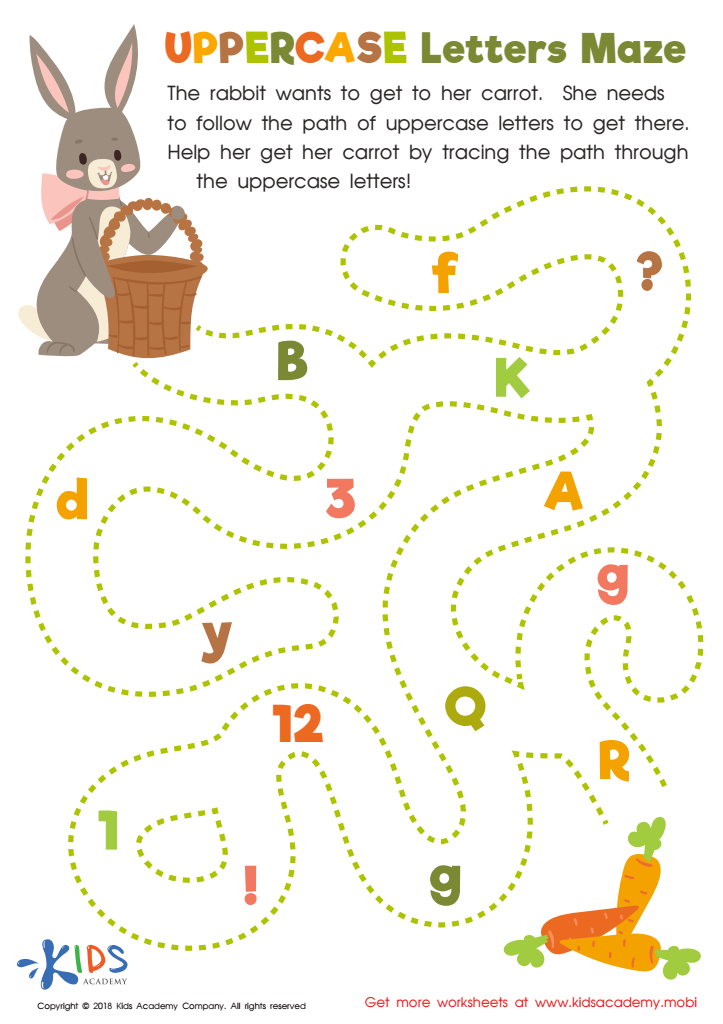

Uppercase Letters Maze Worksheet
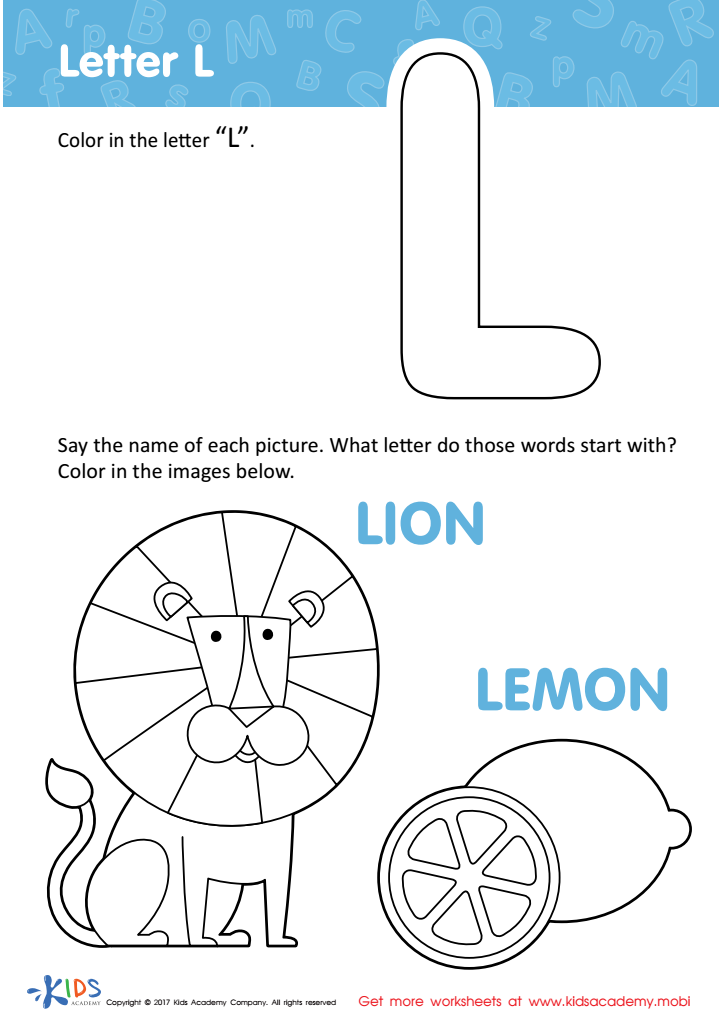

Letter L Coloring Sheet
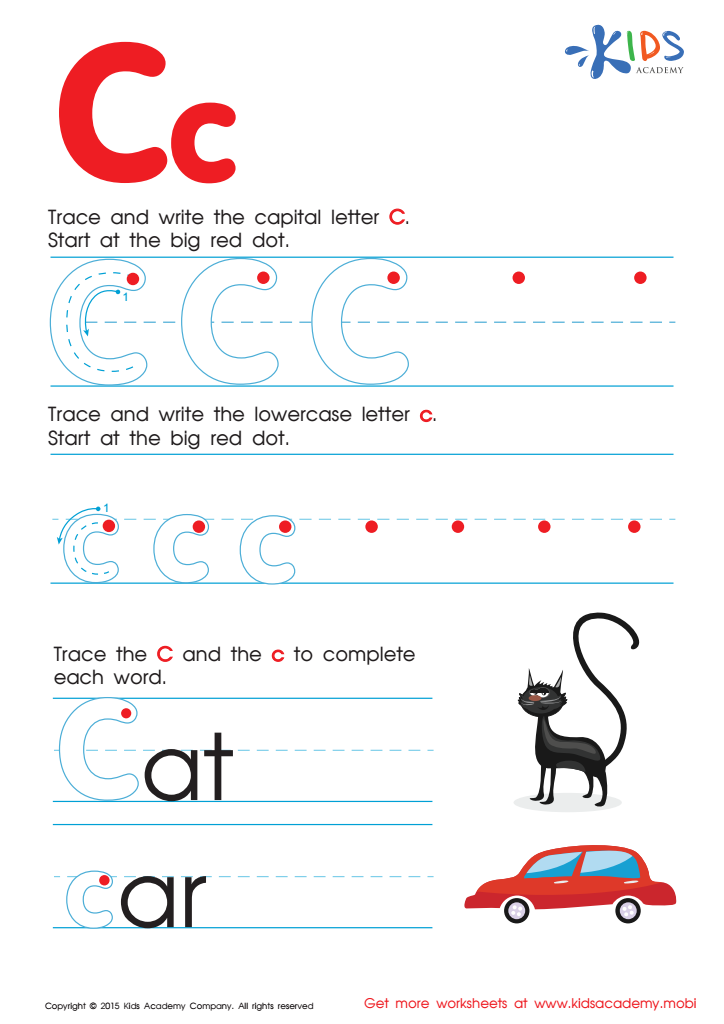

Letter C Tracing Page
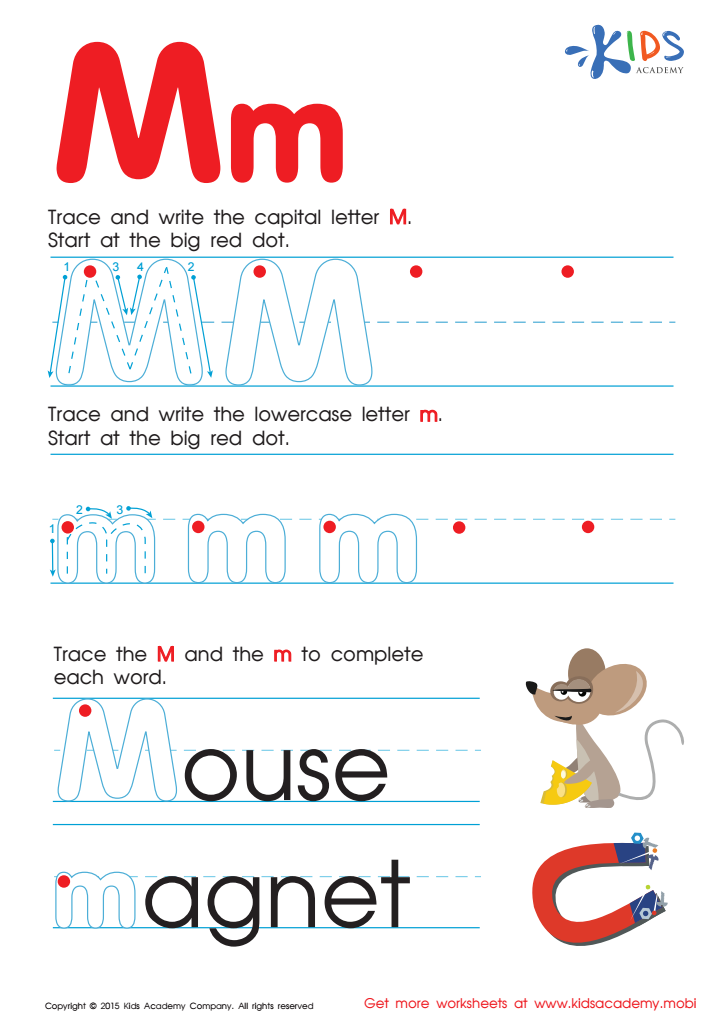

Letter M Tracing Page
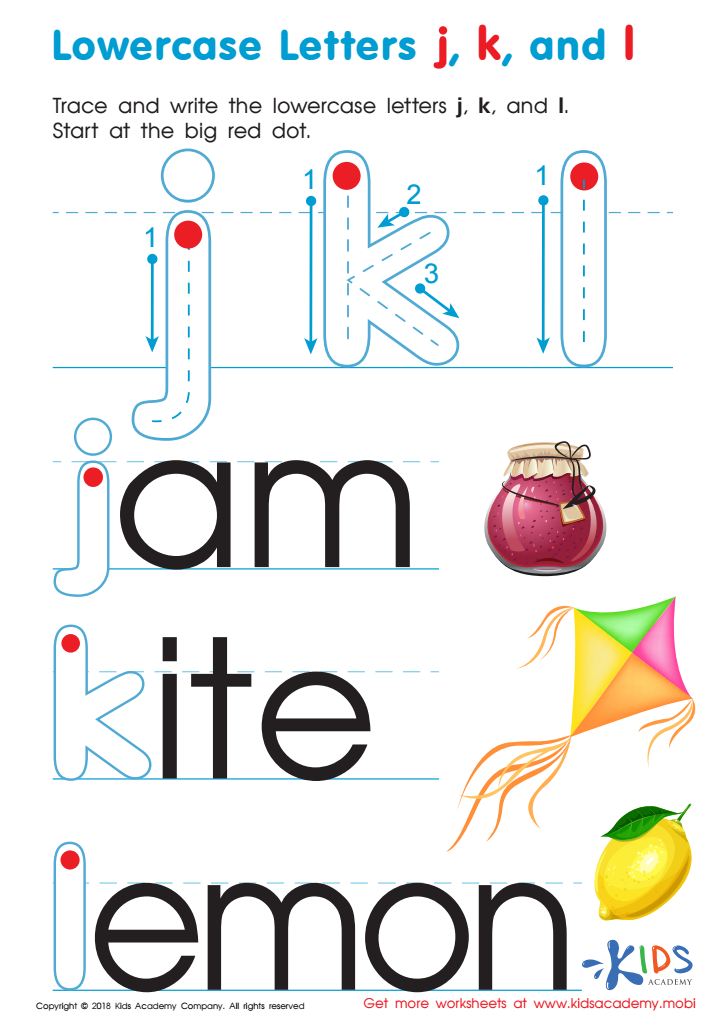

Lowercase Letters j k l Worksheet
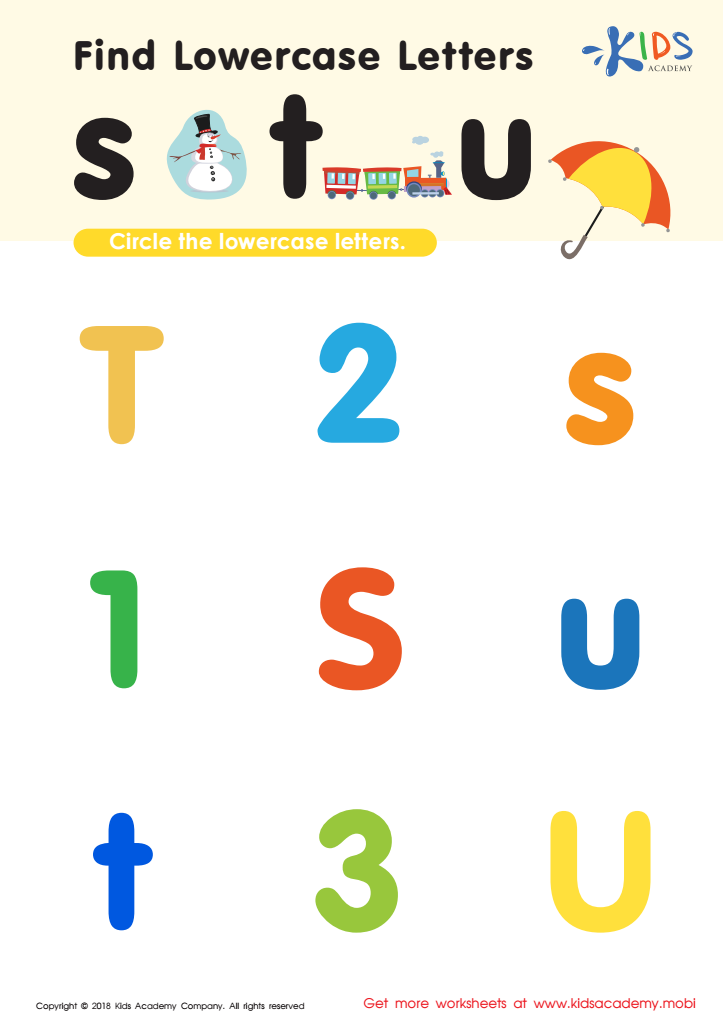

Find lowercase Letters s t u Worksheet
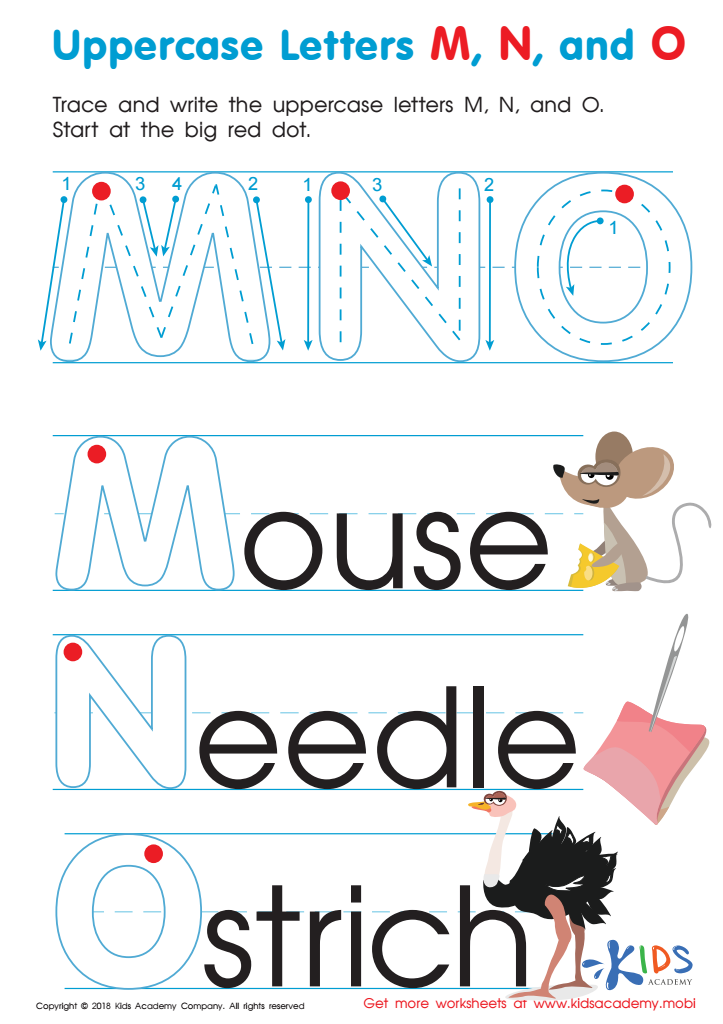

Uppercase Letters M, N, and O Worksheet
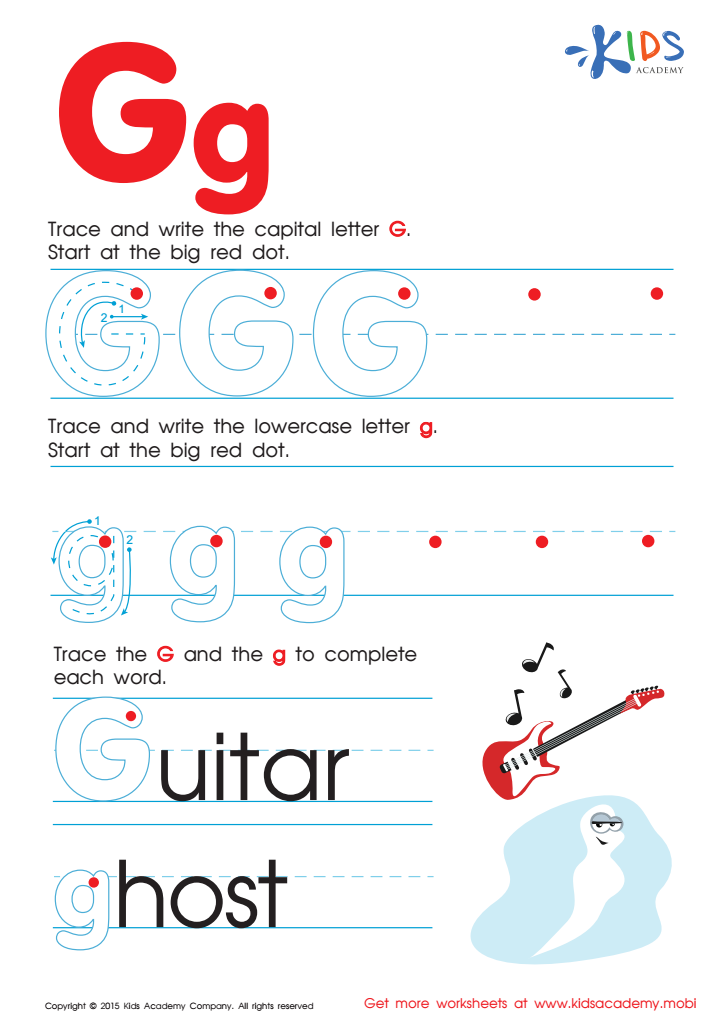

Letter G Tracing Page
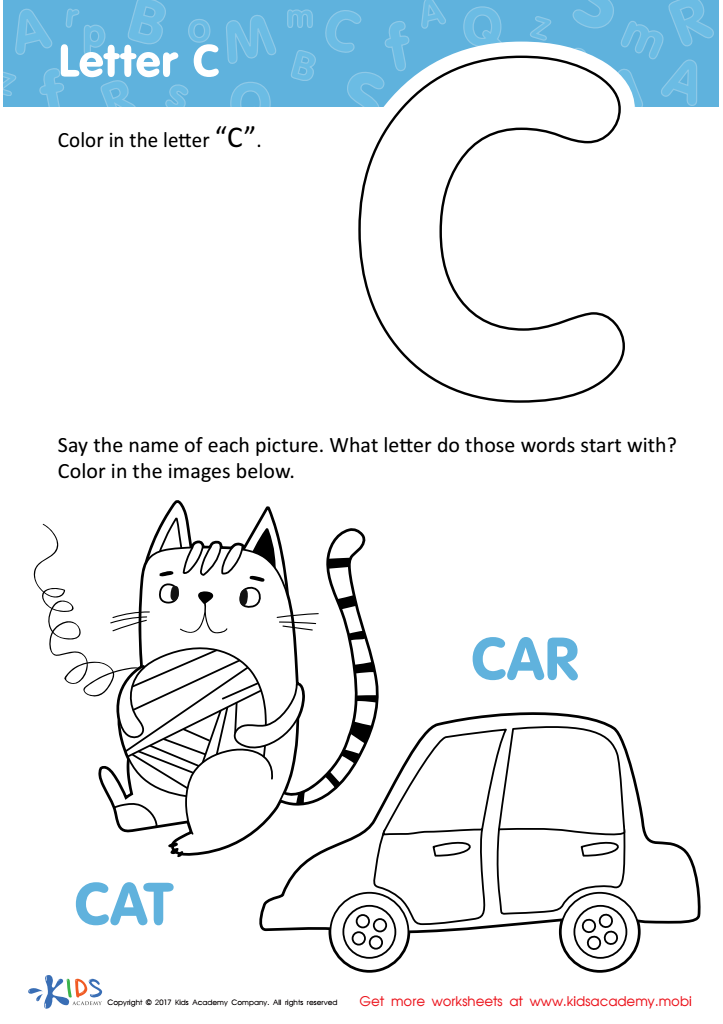

Letter C Coloring Sheet
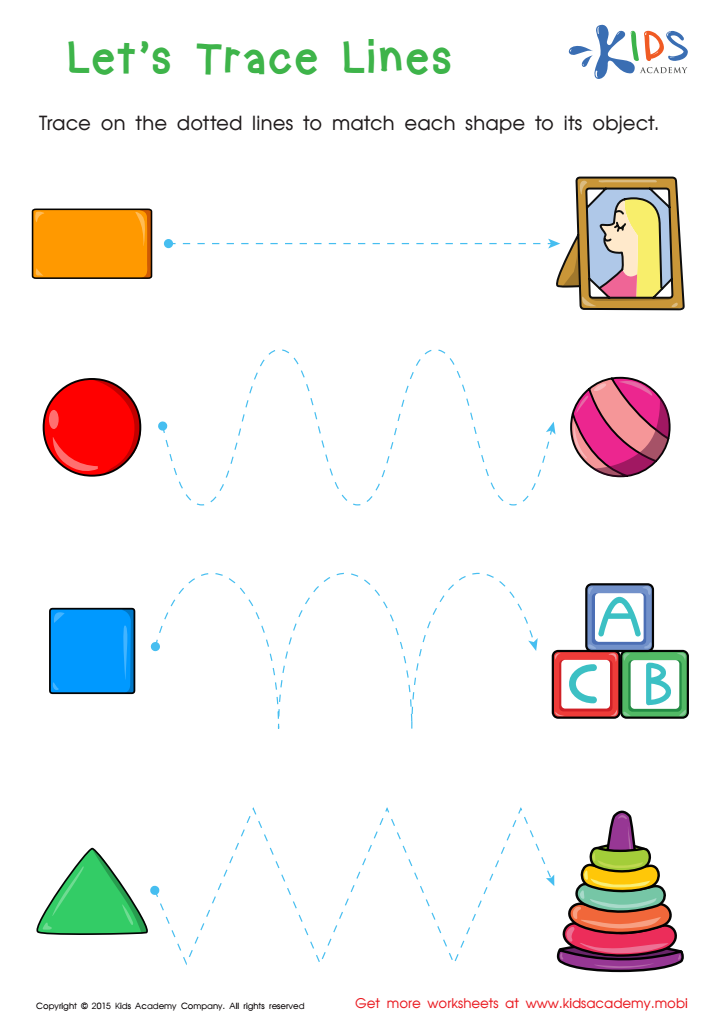

First Words: Let's Trace Lines Worksheet
Fine motor skills involve the coordination of small muscles in the hands and fingers, essential for various activities like writing, buttoning, and cutting with scissors. For children aged 4-6, developing these skills is critically important, particularly when learning the alphabet. Mastery of fine motor skills during this stage forms the foundation for more complex tasks in later years.
Parents and teachers should prioritize teaching the normal alphabet to children within this age range because it directly influences their academic success. Writing letters requires precise muscle movements, and without strong fine motor skills, children may struggle with legibility. This can lead to frustrations, lowered self-esteem, and a disinterest in academics.
Additionally, fine motor activities—tracing letters, clay modeling, or bead-stringing—enhance hand-eye coordination and memory. These exercises are also a prelude to other subjects that demand meticulous hand use, such as drawing shapes and numbers, which are crucial for mathematics.
Social interactions and independence also flourish through the refinement of fine motor skills. Kids gain the confidence to tie their shoes or open snack packs, allowing for smoother transitions and increased focus during school activities. Therefore, understanding the importance of fine motor skills in relation to the alphabet shapes their future learning, self-sufficiency, and emotional well-being.
 Assign to My Students
Assign to My Students





.jpg)






